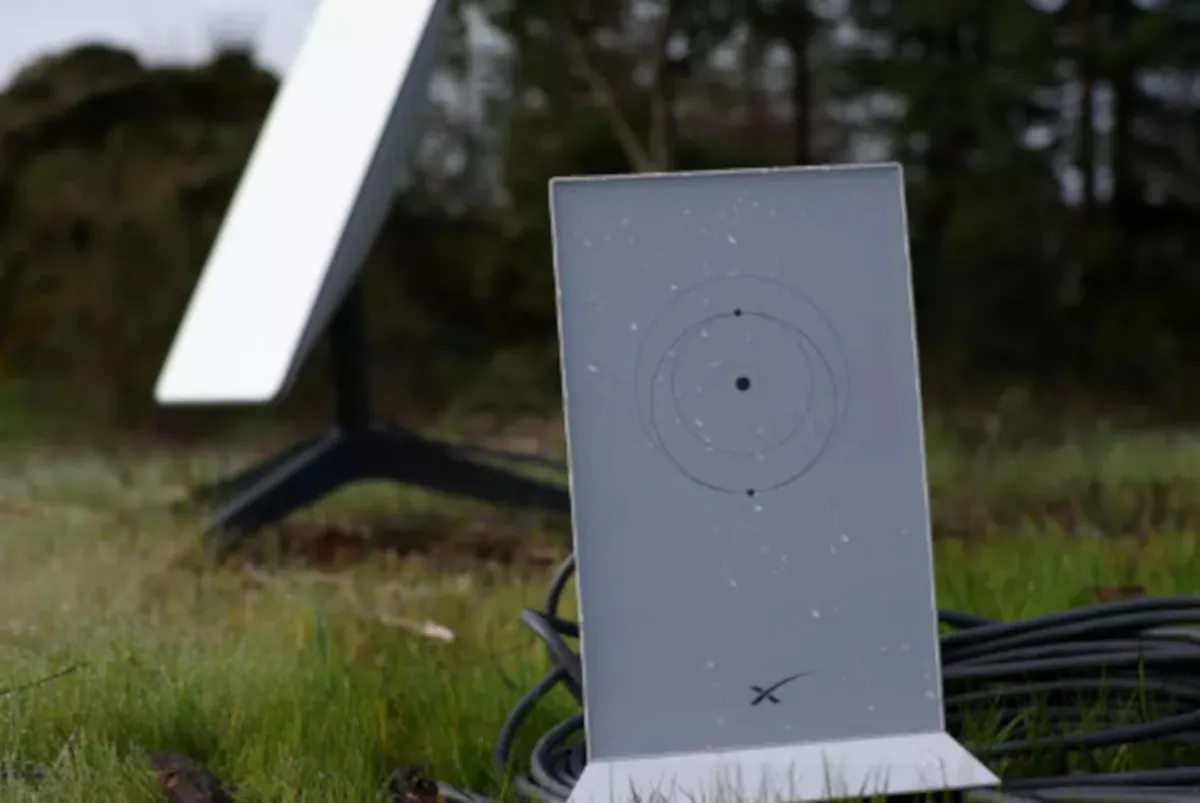
SA eases BEE regulations to pave the way for Elon Musk’s Starlink
The South African government has made a major move to revise its stringent BEE laws in the telecommunications sector.

The South African government has introduced a major policy shift to amend its strict Black Economic Empowerment (BEE) laws in the telecommunications sector, potentially clearing the way for Elon Musk’s satellite internet service, Starlink, to begin operations in the country.
South African President Cyril Ramaphosa and US President Donald Trump held tense talks to mend strained diplomatic and economic relations, prompting the move.
Disadvantaged groups
South African regulations currently require telecom operators to give up 30% ownership to historically disadvantaged groups in an effort to address apartheid-era inequalities.
Musk, a South African-born entrepreneur, has fiercely criticised the rule, calling it “openly racist” and blaming it for delaying Starlink’s entry into the market.
On Friday, Communications and Digital Technologies Minister Solly Malatsi unveiled a draft directive that proposes allowing an equity equivalent programme in lieu of direct ownership transfers.
Under this model, companies could fulfill empowerment obligations by investing in local suppliers, job creation, or funding black-owned small businesses.
“The policy seeks to provide the much-needed policy certainty to attract investment into the ICT sector,” the ministry said in a statement, adding that the change would benefit broadcasters, ISPs, and network operators alike.
The draft regulation is now open for 30 days of public comment before finalisation.
Equity equivalent precedent
South Africa previously approved equity equivalent models for global tech giants like Microsoft, Hewlett Packard, and Samsung Electronics.
In 2019, the government also granted a similar exemption to the automotive industry to attract investment while advancing transformation goals.
The Ramaphosa administration is now driving this policy shift as part of a broader effort to boost foreign investment and repair trade relations with the US, which deteriorated significantly under Trump.
The US president has cut aid, expelled the South African ambassador, and threatened new tariffs.
The two governments released a joint statement after their Washington meeting, pledging to strengthen trade, increase bilateral investment, and cooperate on technology exchanges.
While Starlink was reportedly discussed, officials clarified that the proposed policy change is intended to benefit the entire telecommunications sector.
In a related development, Lesotho granted Starlink an operating license just hours after denying the move was linked to US trade concessions.
If implemented, the draft policy could usher in a new wave of tech infrastructure investment in South Africa, particularly in rural areas, where internet access remains scarce.
According to a 2023 government survey, only 1.7% of rural households in the country have reliable internet access.
